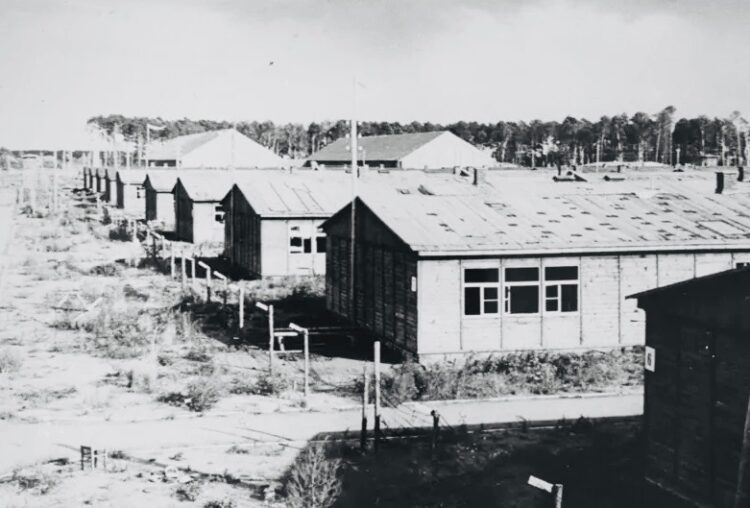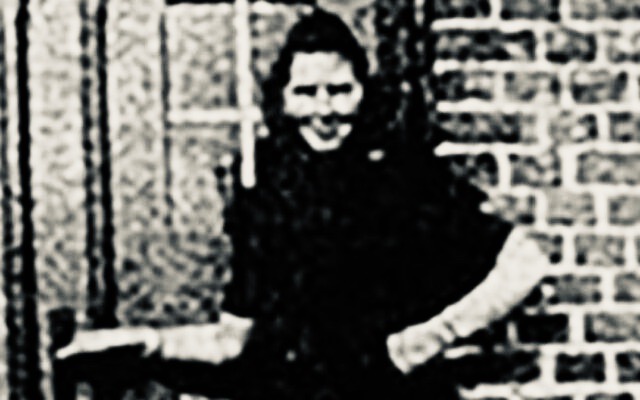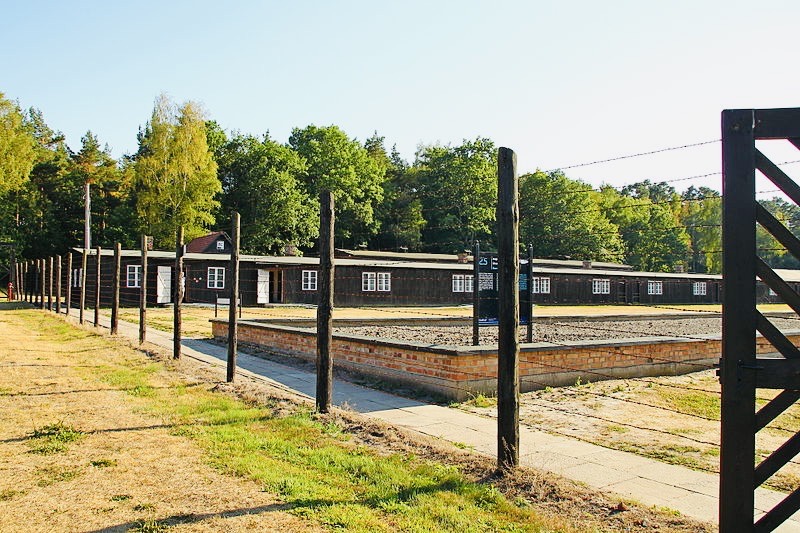A kind of justice prevailed in the recent war crimes trial of Irmgard Furchner, one of the last surviving Germans who worked in a Nazi extermination camp as a civilian employee.
Now 97, Furchner was employed in Stutthof, a camp near Gdansk, Poland, where about 65,000 people, 28,000 of whom were Jews, perished by way of murder, starvation, epidemics, monstrous labor conditions, inhumane evacuations, and an abysmal lack of medical attention.
Furchner was the personal stenographer of Stutthof’s commander, Paul-Werner Hoppe, who was sentenced to nine years in prison in 1955 for having been an accessory to murder. During his trial, she testified against him.
On December 20, a court in Itzehoe, Germany, convicted her for her role in the murder of 10,505 inmates from June 1944 until April 1945. Furchner worked there during this pivotal period, when Stutthof was a cog in the machinery of the Final Solution, its gas chambers capable of executing 150 people per hour.

One of the last living participants in the genocidal Nazi scheme to eradicate the Jewish population of Europe, she appears to have been the first camp secretary to be convicted of complicity in such a crime. She received a light punishment — a two-year suspended symbolic sentence. She got off lightly because she was a minor in the mid-1940s.

In the wake of her trial, she broke her silence. “I am very sorry for everything that happened,” she reportedly said. “I regret that I was at Stutthof at that time.”
These are fine but meaningless words because, as an accessory to murder, she was acutely aware of the mass killings in Stutthof. Furthermore, she seems to have supported the Nazi program of genocide during the Holocaust. The prosecution team was able to prove these accusations beyond a reasonable doubt.
Thomas Will, the director of the special prosecutorial team that handled her case, was certainly correct when he told reporters that murder and accessory to murder are not bound by a statute of limitations. In other words, Nazi war criminals must be hunted down and brought to justice, even if they were desk murderers.
Furchner, of course, was not the first low-level German to be tried as a war criminal. Since a 2016 ruling by Germany’s supreme court that concentration camp guards and staff could be prosecuted, several such individuals, all very old and frail, have been charged.
It is unfortunate that Furchner will not spend her last remaining years in a prison cell. Considering her complicity in the deaths of tens of thousands of prisoners, she surely deserves this fate.
Bt that as it may, what really counts is that there was a trial, that Holocaust survivors were given an opportunity to testify and tell their stories, and that the German government is still pursuing war criminals of Furchner’s ilk.
Germany has a moral, legal and a historical responsibility to hold German war criminals to account. Furchner’s trial hewed to that definition of accountability.
Nazi war criminals cannot be allowed to get away with murder.
